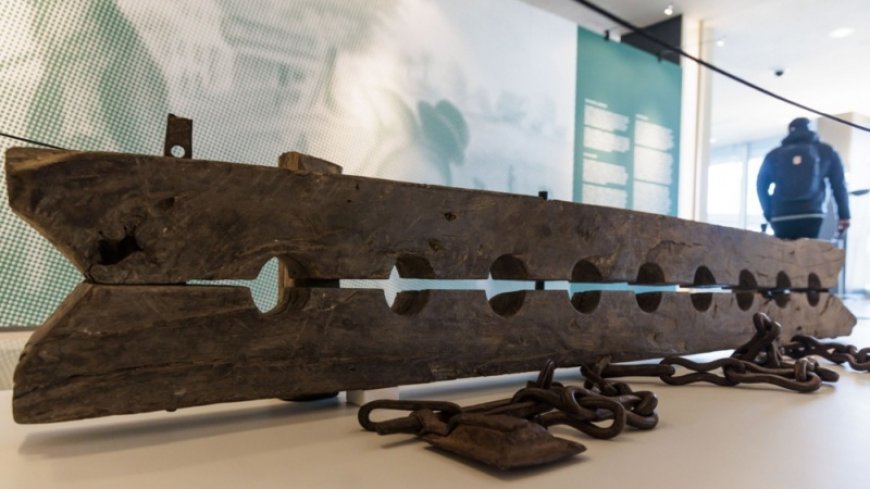African and Caribbean countries want to make up for slavery during colonialism.
African and Caribbean countries want to make up for slavery during colonialism.

Representatives of African and Caribbean groups have asked for justice for slavery and its effects on society today. The University of the West Indies (UWI), the Economic, Social, and Cultural Council of the African Union (AU), the Government of Barbados, the Open Society Foundations, and the Caribbean Pan-African Network all got together in Bridgetown, the capital of Barbados, and demanded that these "historic crimes" be fixed. In a statement, UWI said that the Bridgetown meeting, which took place from Monday to Thursday, included planning talks and plenary sessions, and that it was the start of a "groundbreaking" effort that would span both continents. Ambassadors and other officials from AU member states and the Caribbean Political and Economic Community (CARICOM) were at the event. At a news conference on Thursday, the head of the CARICOM Reparations Commission, Hilary Beckles, said that the meeting was a unique event that was important for all people. "This is an important time in history. Humanity can't go on with all the harmful effects of colonisation.
"In order for humanity to work, we need to clean up this mess," she said. The CARICOM Reparations Commission was set up to get compensation from former colonial powers like Britain, France, and Portugal. Its 10 points say that "continuing racial harassment of the descendants of slavery and genocide is the root cause of their suffering today." -Plan for fixing. In a release, UWI said that one of the things that came out of the meeting was a plan for better cooperation between the African Union and CARICOM. An AU official named Yousseouf Mandoha said, "It is important to see how slavery, colonialism, and racism affect the lives of black people all over the world." Between the 15th and 19th centuries, at least 12.5 million Africans were taken and made slaves by European ships and traders. Those who made it through the horrible trip ended up working in horrible conditions on farms in the Americas, mostly in Brazil and the Caribbean, while others made money from their work. Barbados, where the meeting took place, got 600,000 African slaves between 1627 and 1833.
They worked on sugar farms for English owners and made them rich. In 2021, the Caribbean island got rid of the late Queen Elizabeth as head of government and kept up its fight for justice. Reparations or other forms of payments for slavery have been talked about for a long time, but the movement is growing around the world. Early this month, the European Union said that Europe's past slave trade caused "unimaginable suffering" to millions of people and asked for justice for what it called "crimes against humanity."













































